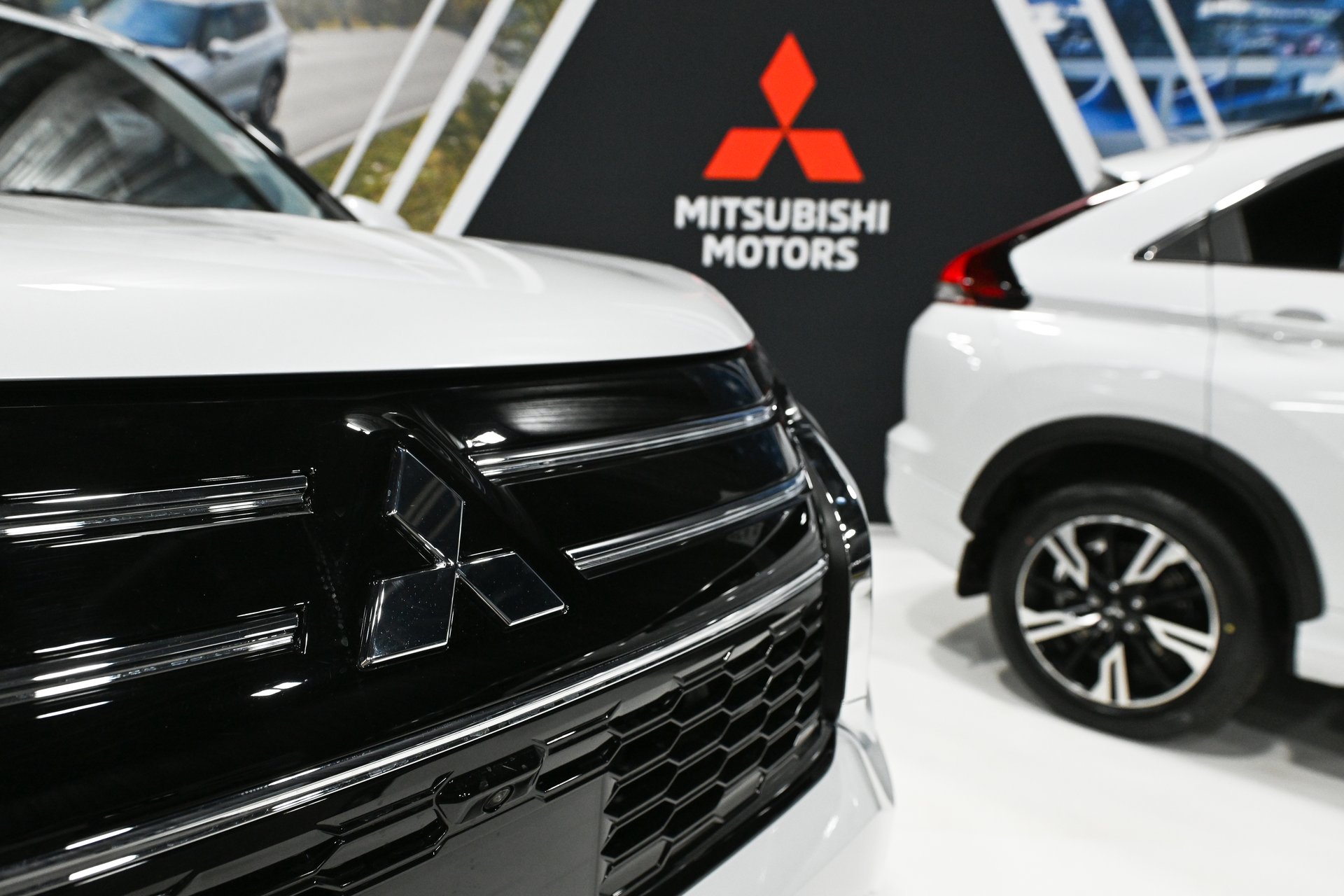Mitsubishi is raising prices as tariffs sting U.S. buyers
The Japanese carmaker is the latest to pass on costs to consumers as a result of President Trump's trade policies

Photo: NurPhoto (Getty)
The price of Mitsubishi cars will rise 2.1% on average, the Japanese carmaker said Tuesday.
Suggested Reading
Mitsubishi temporarily suspended deliveries to U.S. dealers after President Donald Trump's announcement of sweeping tariffs in April, but resumed doing so last week, Reuters reports. The company said the new price hikes, which take effect on Wednesday, would not apply to any vehicles currently in dealers’ showrooms.
Related Content
A company spokesperson said that Mitsubishi "regularly reviews vehicle pricing in order to ensure we are in line with segment expectations and the latest market trends.
"Based on our most recent evaluation across the industry," the spokesperson said, Mitsubishi "will revise the Manufacturer’s Suggested Retail Price (MSRP) on select 2025 vehicles, effective June 18. There will be no adjustments to vehicles already in dealer inventory.”
Mitsubishi has had a strong 18-month performance: Its 2024 sales were up 26%, to 110,000, its best performance since 2019. And 2025 looks just as promising, with sales up 11% in the first three months of the year. The company will soon reveal updates to the new Outlander model and a new EV scheduled for 2026.
Last week, Trump mused about hiking tariffs again, ostensibly to onshore more U.S. production. Yet auto tariffs have been enormously unpopular with the auto industry. Mitsubishi is not the first to hike prices: Both Subaru and Ford did so by as much as $2,000.
In March, the S&P Global downgraded its 2025 forecast for U.S. vehicle sales by 700,000.
Meanwhile, Fitch Ratings data shows that the number of subprime automobile borrowers who are at least 60 days past due on their loans rose to 6.56%, the highest number since the agency began collecting data in 1994.
The rising delinquencies point to fundamental economic weaknesses, according to Mariano Torras, an economics professor at Adelphi University. He says what is happening among subprime auto borrowers is the “canary in the coal mine” and that the problems in subprime auto loans are likely to spread to other parts of the economy.
—Kevin Williams contributed to this article.
Correction: An earlier version of this story misstated what Mitsubishi said about price increases. The company said it "regularly reviews vehicle pricing," and that the price hikes were in line with its "most recent evaluation across the industry." Mitsubishi did not say it was raising prices as a result of tariffs.